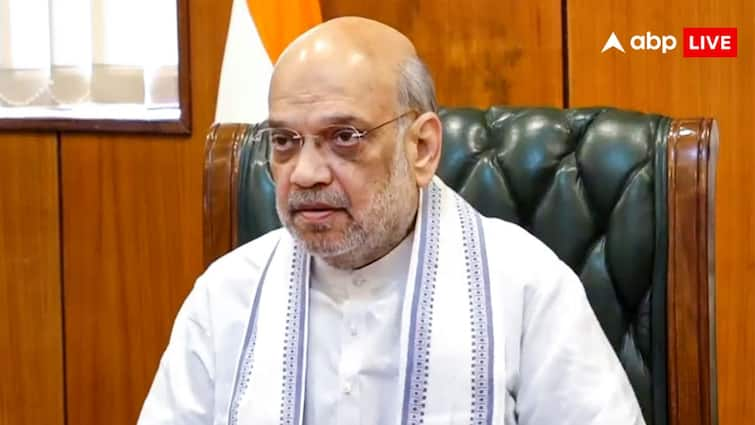 |
|
The Ministry of Home Affairs (MHA) has taken a significant step to bolster national security preparedness by directing all states and Union Territories to invoke emergency powers under civil defence rules. This directive, communicated through a formal letter to the Chief Secretaries of all states and UTs, underscores the urgency of proactive measures to safeguard citizens and critical infrastructure against potential threats. The activation of these protocols signifies a heightened state of alert and a concerted effort to streamline emergency response mechanisms across the country. The invocation of Section 11 of the Civil Defence Rules, 1968, empowers state governments to take swift and decisive action in the face of an enemy attack or war-like situation. This provision grants special powers to the state, enabling it to prioritize the protection of people, the safeguarding of property, and the maintenance of essential services such as electricity, water, and transportation. The MHA's directive recognizes the critical role of local bodies, such as municipalities, in emergency response. It mandates that these local authorities prioritize the funding of emergency measures from their own resources, even if it means diverting funds from other routine responsibilities. This underscores the paramount importance of preparedness and the allocation of resources to ensure the safety and well-being of citizens. The MHA's letter emphasizes that these actions take precedence over all other routine responsibilities of local authorities, highlighting the severity of the potential threats and the need for immediate and coordinated action. The Civil Defence Act, 1968, specifically Section 11, provides the legal framework for these emergency measures. It empowers state governments to take any actions deemed necessary for the protection of people and property from injury or damage, and for ensuring the maintenance of vital services in the event of a hostile attack. This legal authority is crucial in enabling state governments to respond effectively and efficiently to emergencies, without being hampered by bureaucratic delays or legal challenges. The MHA's directive also addresses the issue of funding, clarifying that local authorities are responsible for covering the costs of emergency measures from their own funds. This ensures that resources are readily available to support emergency response efforts at the local level. The letter explicitly states that priority shall be given to such compliance over all other duties and obligations of the local authority, reinforcing the importance of prioritizing emergency preparedness and response. In essence, the MHA's directive clarifies that in the event of a threat to national security, the state government has the authority to direct urgent actions, and local governments are obligated to treat these actions as their top priority, even above their day-to-day work. This streamlined approach is designed to ensure a rapid and coordinated response to emergencies, minimizing the potential for damage and loss of life. The MHA's letter concludes by urging states and UTs to invoke Section 11 of the Civil Defence Rules, 1968, and to grant necessary Emergency Procurement Powers to the Director Civil Defence of their respective State/UTs. This delegation of authority is intended to facilitate the efficient implementation of necessary precautionary measures, ensuring that emergency responders have the resources and authority they need to act quickly and effectively. The activation of civil defence protocols and the empowerment of state and local authorities represent a significant step towards strengthening national security preparedness. By clarifying roles and responsibilities, streamlining emergency response mechanisms, and ensuring the availability of resources, the MHA is working to create a more resilient and secure nation.
Source: MHA Activates Civil Defence Protocols, Directs States To Use Local Funds For Emergency Response
